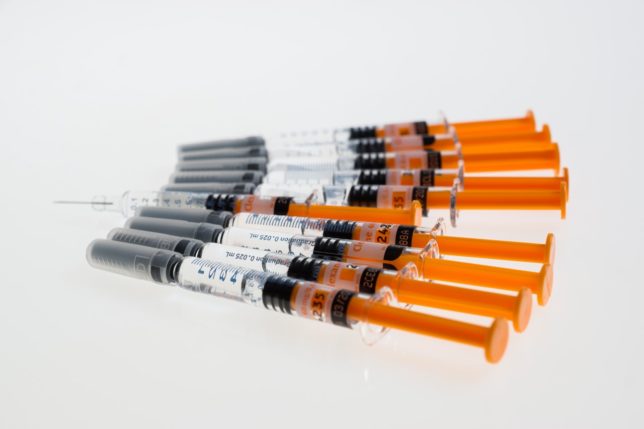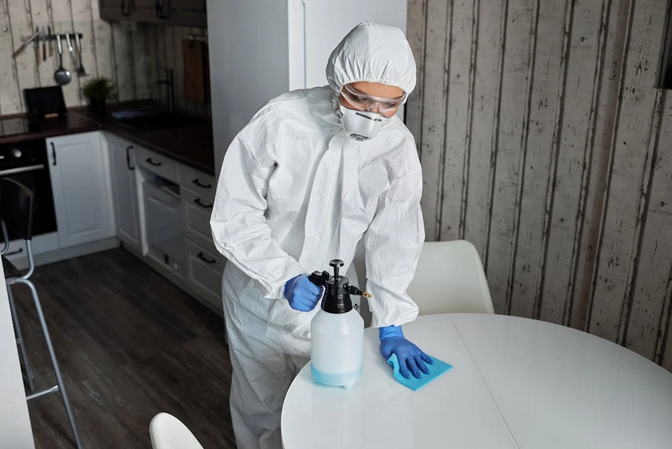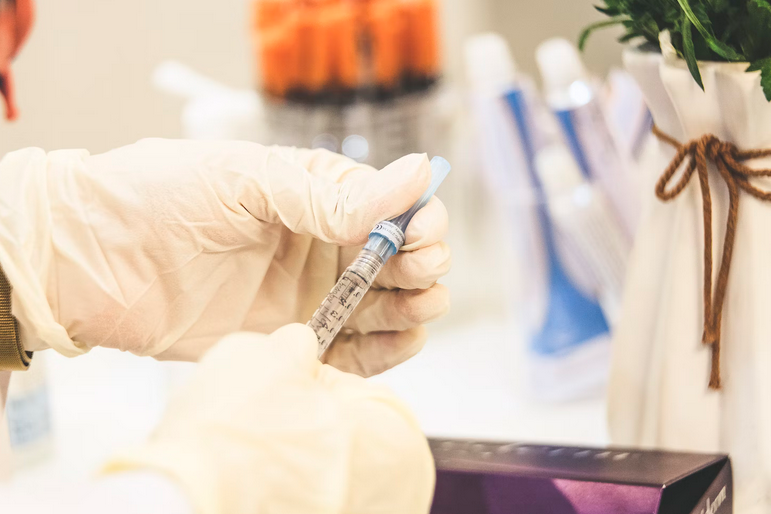Facts About Vaccines

There are reasons why many health experts and scientists do not classify vaccines as medical treatments and medications. One of the most prominent reasons is that it does not cure the ailments or alleviate symptoms, but it prepares the human body to fight against certain microorganisms and viruses that can cause several harmful diseases. When toxic substances enter the body system, either from food or physical contact, our body produces a blood protein that serves to eliminate the toxins. The process continues even until the foreign substances are no longer a threat to our body.

Concerning vaccines, the natural immune system that the human has, in many cases, is not strong enough to shield away all the external threats and free radicals. Therefore, it requires another substance that will help body cells create a much stronger barrier against viruses and bacteria. Although most vaccines target viruses, it often consists of dead viruses or genetically modified microorganisms that function as an immune booster.
Preventing Outbreaks
 Immunization proves to be the most effective way to avoid outbreaks of disease that once killed thousands of people of any age. The United States, for instance, has been declared measles-free since 2000, but it does not change the fact that the disease still profoundly and adversely affects another part of the world. The situation surely rings the alarm, especially when it comes to those traveling to the country. To prevent further chaos, the immunization program for travelers has achieved its desired effects.
Immunization proves to be the most effective way to avoid outbreaks of disease that once killed thousands of people of any age. The United States, for instance, has been declared measles-free since 2000, but it does not change the fact that the disease still profoundly and adversely affects another part of the world. The situation surely rings the alarm, especially when it comes to those traveling to the country. To prevent further chaos, the immunization program for travelers has achieved its desired effects.
One vital thing to note concerning vaccine-preventable diseases is that they are often highly contagious, and it is vital to prevent the diseases from spreading. Instead of treating the already-infected people, preventing the outbreaks sure sounds more convincing since there are always possibilities of another outbreak during the treatments. This way, a healthier community is no longer an impossible goal to achieve.
The FDA
The Food and Drug Administration is one of the state institutions in charge of the approval of many new, untested drugs and vaccines. A new formula will go through a series of checking and testing to make sure that the formula is entirely safe and effective for the human. The institution evaluates the results of the newly-invented vaccines and inspects the companies where the vaccines are made to makes sure the companies follow the legal guidelines.



